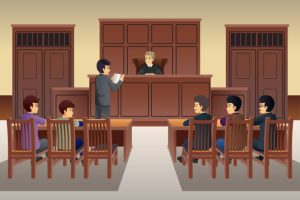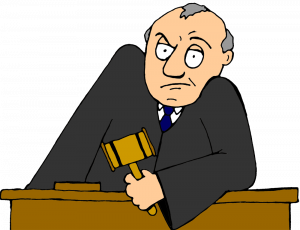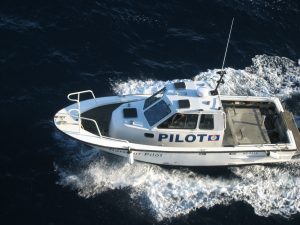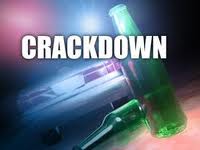In criminal law, the term “evidentiary hearing” is frequently encountered, yet many people may not fully understand its significance or procedural intricacies. This post aims to clarify what an evidentiary hearing entails, its purpose within criminal proceedings, and its impact on the justice system.
What is an Evidentiary Hearing? An evidentiary hearing in criminal law is a legal proceeding in which a judge examines evidence and hears testimony to resolve specific factual disputes or to determine the admissibility of certain evidence before a trial. Unlike a full trial, an evidentiary hearing is typically more focused, addressing particular issues that may arise during the pre-trial phase of a criminal case.
Evidentiary hearings are especially common in cases involving motions to suppress evidence, challenges to the legality of arrests, or questions about a defendant’s mental competency. By evaluating the evidence presented, the judge can make informed decisions that can significantly influence the course of a case or the trial.
What is the Purpose of an Evidentiary Hearing? The primary purpose of an evidentiary hearing in criminal matters is to provide the court with a platform to assess evidence related to specific legal issues. Key objectives include:
- Determining Admissibility of Evidence: A significant aspect of criminal proceedings involves the admissibility of evidence. An evidentiary hearing allows the judge to determine whether certain evidence was obtained lawfully and whether it meets the standards for admissibility under the rules of evidence.
- Addressing Pre-Trial Motions: Criminal defense attorneys often file motions to suppress evidence, arguing some evidence was obtained in violation of the defendant’s constitutional rights. An evidentiary hearing provides a forum for the judge to hear arguments and examine the facts surrounding the evidence in question.
- Resolving Factual Disputes: In cases where there are conflicting accounts or discrepancies regarding the facts, an evidentiary hearing allows the court to assess the credibility of witnesses and the reliability of their testimony, aiding in the establishment of factual clarity.
- Promoting Fair Trials: By resolving preliminary issues before the main trial, evidentiary hearings help streamline the judicial process and ensure that trials focus on relevant and legally admissible evidence, contributing to a fair trial for the defendant.
 San Diego DUI Lawyers Blog
San Diego DUI Lawyers Blog







 On Friday night there were DUI saturation patrols in Poway, Oceanside, Escondido and San Diego. Checkpoints were also set up in San Marcos and Imperial Beach. Four drivers at each checkpoint were arrested for suspicion of drunken driving.
On Friday night there were DUI saturation patrols in Poway, Oceanside, Escondido and San Diego. Checkpoints were also set up in San Marcos and Imperial Beach. Four drivers at each checkpoint were arrested for suspicion of drunken driving.